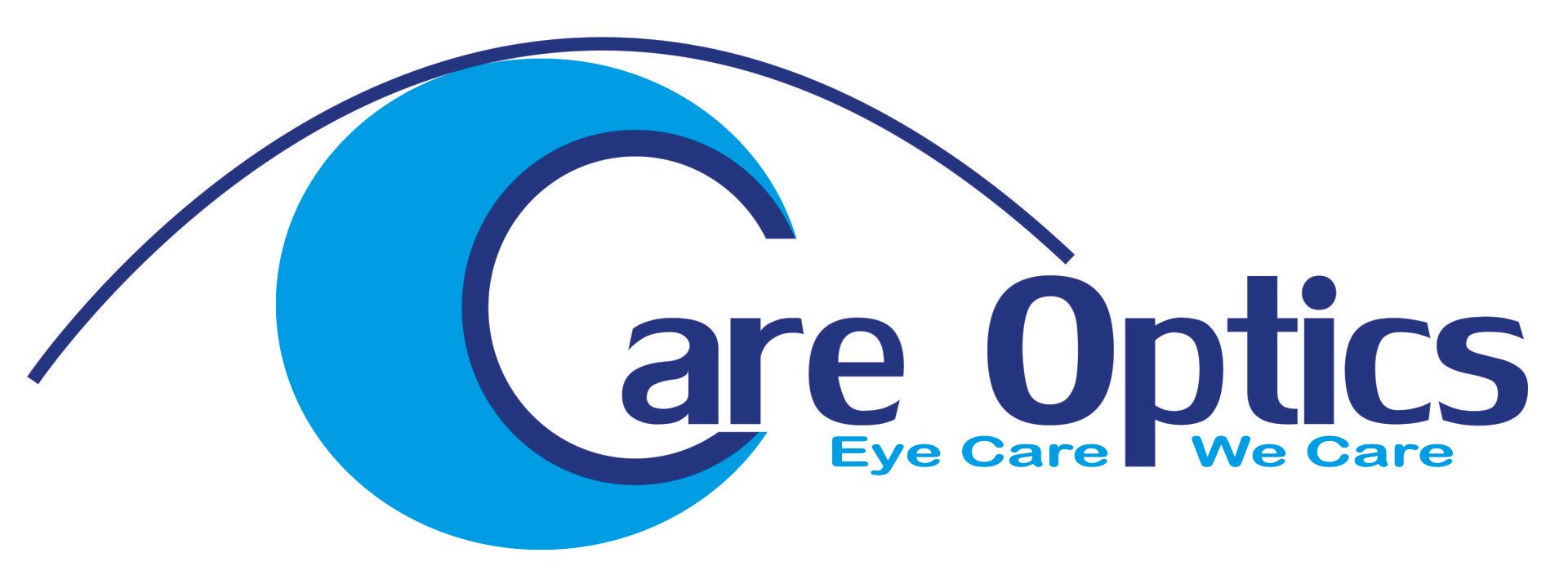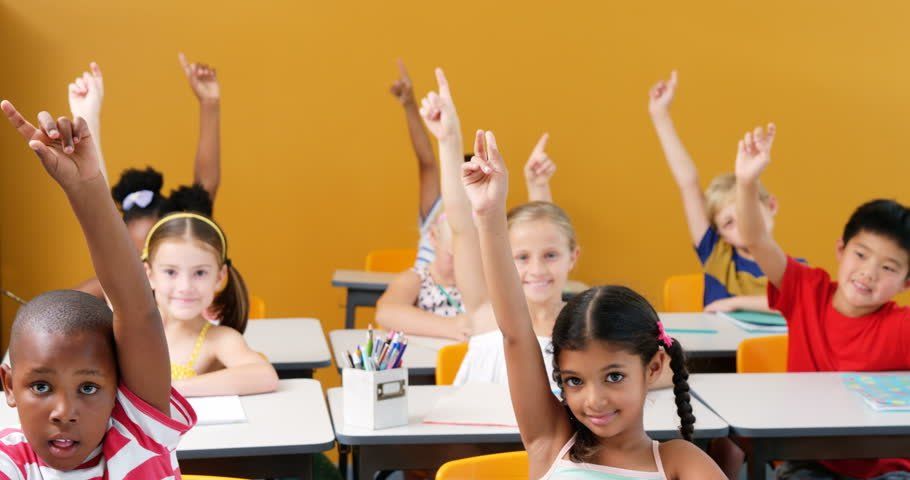What is SchoolVision?
Schoolvision is the study of the relationship between visual performance and the occupation of reading. The predominant visual skill in reading is aiming since the reading distance is generally fixed; the same as sport, aiming is carried out best by the dominant eye.
Without stable eye dominance attention will continually swap from one eye to the other. At the moment of swapping the letter or word
will shift position in space. When this happens unintentionally while reading you lose your place in the sentence or paragraph and individual words become difficult to learn to spell because the letters won't stay in the right order.
Without stable eye dominance attention will continually swap from one eye to the other. At the moment of swapping the letter or word
will shift position in space. When this happens unintentionally while reading you lose your place in the sentence or paragraph and individual words become difficult to learn to spell because the letters won't stay in the right order.
Schoolvision seeks to stabilise the dominant eye with corrective spectacles. The effect is usually measured by an instant increase in the
rate of character recognition (the speed at which a random selection of 60 letters can be read at high and low contrast).
This can be done by examining the full visual process and recorded to give a full assessment of the child’s abilities.
This enables the optometrist to recommend a treatment plan.
This enables the optometrist to recommend a treatment plan.
The treatment plan can consists of:
Treatment spectacle lenses: These lenses are prescribed to reduce the stresses of the visual system. The prescription and tint of these lenses will often require adjustment a few times during the course of the treatment.
_______________________________________________________________________________________________________
Has your child been diagnosed with any of the following?
• Dyslexia;
• Dyspraxia;
• Any learning problem in the classroom – poor concentration, poor handwriting, low reading, poor comprehension, fidgety, etc.;
• Eye turns (squints) and lazy eyes (amblyopia);
• Headaches, double vision, fatigue;
• ADD and ADHD (Attention Deficit Disorder and Attention Deficit Hyperactivity Disorder);
• Poor coordination, clumsy, poor at sports especially ball games and team games;
• Poor judgement of distance;
• Squeezes eyes to see clearly;
• Rubbing eyes a lot;
• Closing one eye when trying to read;
• Tired when reading and/or inability to concentrate.
Use this checklist to find out if your child could be helped by a full assessment / school vision specialist
Does your child have any of these symptoms?
□
Blurring of words when reading
□
Working distance close when writing or reading
□
Blinks or rubs eyes a lot
□
Gets rapidly tired at school and often exhausted at end of school day
□
Headaches and/or aching eyes
□
Difficulties with copying from the blackboard or book
□
Poor or variable handwriting, often slow
□
Poor co-ordination or history of co-ordination problems
□
Loss of concentration, poor attention span
□
Reading accuracy and speed below chronological age
□
Loses place or line when reading
□
Misses out words or letters when reading
□
Often has to use finger as a marker to keep place
□
Poor at Math / Mixes numbers in Math
□
Reverses letters and numbers
□
Confuses right and left past age 7 (and sometimes up and down )
□
Poor visual memory
□
Poor posture when working
□
Covers one eye when reading
□
Moves head when reading
□
Homework takes longer than it should
□
Poor at ball skills and team games
□
Does not understand what has been read
If your child has 3 or more symptoms we would advise your child has a school vision assessment.


